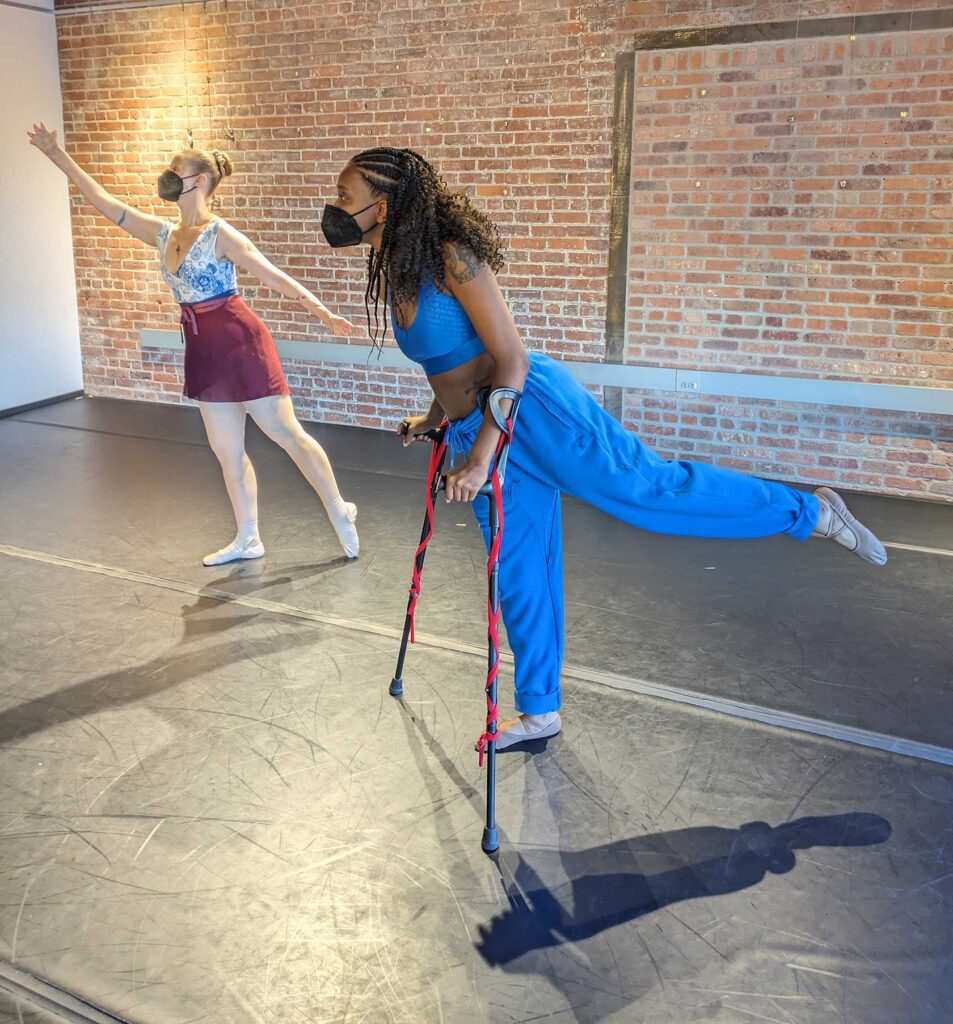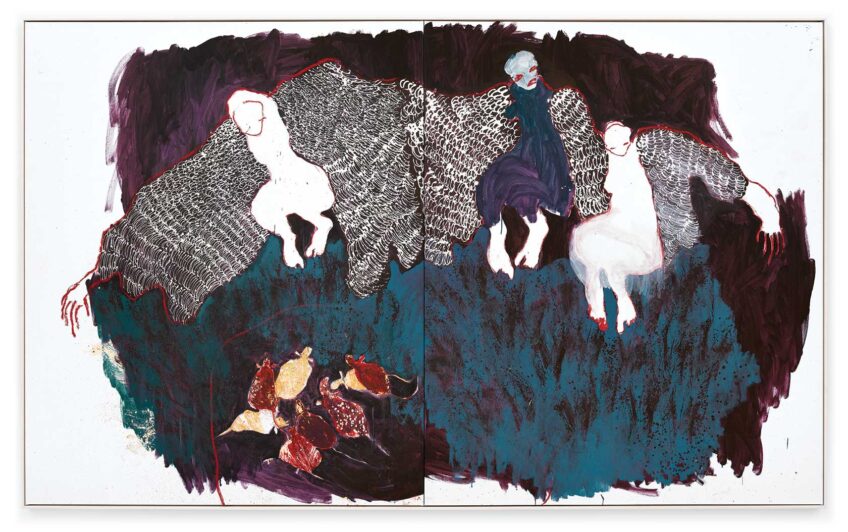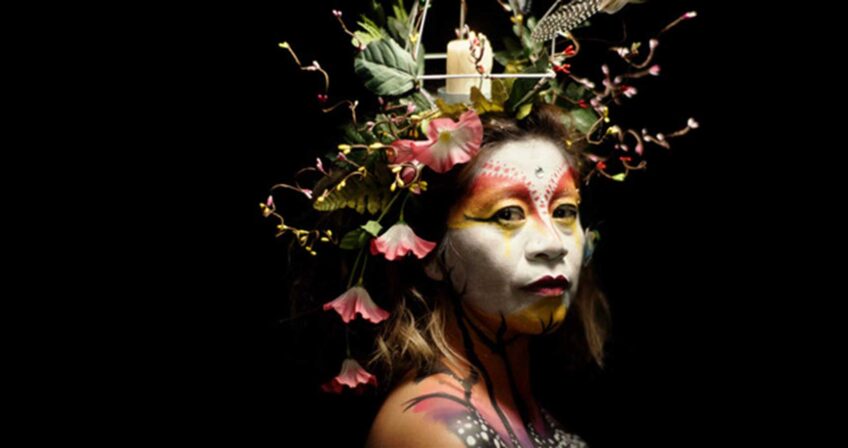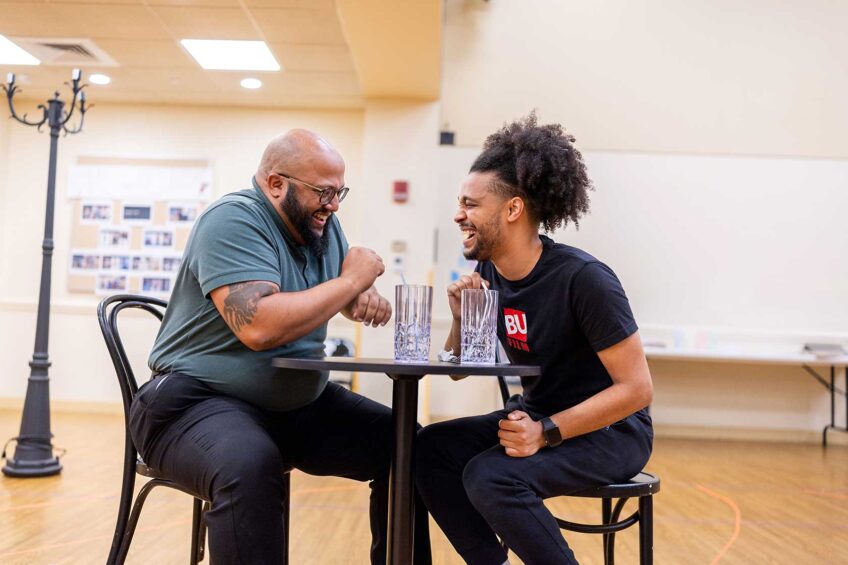Book bans inspire new ballet from Abilities Dance
Family-friendly ‘Banned Ballet’ takes on oppressive policies targeting queer and disabled communities

This 2023-24 school year, libraries across the country are a few books short. An increasing number of states have enforced policies banning books that deal with race, history and gender identity. These bans are the inspiration for Abilities Dance Boston’s original piece, “The Banned Ballet.”
The world premiere ballet, created by Abilities Dance founder Ellice Patterson and featuring an original score by Andrew Choe, follows a school librarian who is frustrated with the ongoing book bans. While searching for a solution, she stumbles into a fantastical world with a different set of values.
“I’ve always been an avid reader,” says Patterson, “and since I was a child, books have always been a way for me, originally being from rural Mississippi, to learn about other spaces and other cultures before the prevalence of learning online.”
PEN America reports that during the first half of the 2022-23 school year more than 1,400 individual titles were banned in schools across the United States, a 28% increase from the previous year. Bans are especially prevalent in Texas, Florida, Missouri, Utah and South Carolina. Patterson and Choe are both part of the LGBTQIA+ community and, with many books targeting those stories, no longer felt safe crossing some state lines. From those concerns, the ballet was born.
“Everyone deserves the right to have their stories told truthfully,” says Patterson. “Our hope is that we can share how the intersecting forms of oppression, in this case LGBTQIA and deaf/disabled communities, hurt all of us.”
Abilities Dance Boston is a professional dance company and nonprofit that promotes intersectional disability rights. The performers in the company reflect a diverse range of abilities and ways of moving and seek to break down stereotypes about what a professional dance company looks like.
“The Banned Ballet” features several components that are new for the company, including the use of animation during the performance and dancer Leslie Taub playing the protagonist, a role usually played by Patterson. Patterson also turned the fairy-tale story for the ballet into a children’s book that will be printed by Binch Press, a Rhode Island-based small press that centers queer and trans artists and artists of color. Visitors to the show will be able to preview a digital version of the book and pre-order a physical copy. “The Banned Ballet” will be performed at The Strand Theatre, a new venue for the company.
“We were really looking for another space that feels connected to a longstanding history of community and that we felt like could expand the reach that we have,” says Patterson. “I felt like The Strand could provide that.”
“The Banned Ballet” runs at The Strand Theatre Nov. 3 and 4 and can also be streamed online. General admission tickets are $35, but Abilities Dance offers an unlimited number of free and discounted tickets to bridge financial access barriers to the show.
Taub, who plays the librarian in the ballet says, “Libraries are sanctuaries for queer kids, trans kids, disabled kids, any kind of “different” kids growing up in isolated or sheltered environments. I believe that art is often the best catalyst for the kind of dialogue that our society as a whole needs in order to move through polarization and lack of empathy.”








